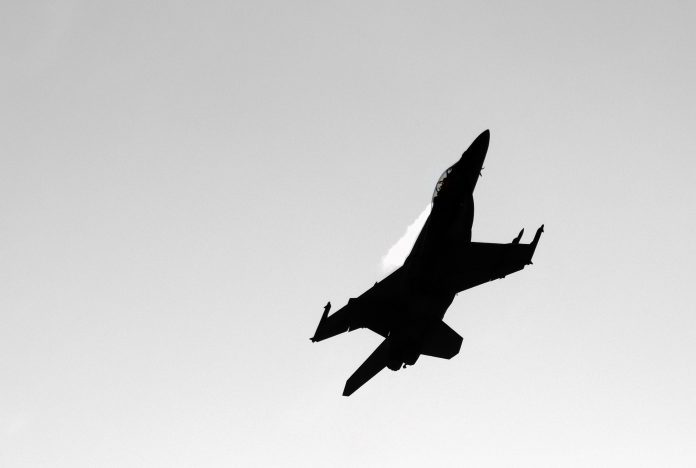“They aren’t training; those jets are armed.” Several years ago, four low-flying jets came out of nowhere while I was climbing a hill in southern Israel. I assumed they were training, but my Israeli friends told me that because Israel is surrounded by enemies, its military is always on high alert.
I am praying for those affected by the unprovoked and horrific attacks against Israel in the past few days. This attack seems to be Israel’s 9/11. Nothing is as important as the loss of human life, but there are stock market implications that need addressing.
Stocks fell early in the morning the first day the market was open after the attacks but shook off the fears and rebounded later in the day for a daily gain. The most affected were Crude oil prices, defense contractors, and gold. Oil went up 4% initially but fell later; however, the stocks of defense contractors are 5-10% more than before the attack. Gold, a popular investment in times of world conflict, rose only by 1%. Interestingly, oil and gold are lower now than a month ago, which shows the limited impact of the conflict so far.
Most of the stock market hasn’t been affected by the attack on Israel, but that could change if the Israel-Hamas war grows into a larger multinational war. Something like this could strain oil flow out of the Middle East, which provides a third of the world’s oil supply.
The worst-case scenario would be if Iran were to get more directly involved and declare war on Israel. This could lead to rising oil prices because of the threat that Iran would restrict tankers coming out of Iraq. This is because the Persian Gulf, where 20-30% of the world’s oil supply is shipped, narrows to only 21 miles wide at the Strait of Hormuz on the shores of Iran. I would adjust my portfolios to add more oil stocks, defense stocks, and Treasurys if there were an actual Iran-Israel war.
Historically, attacks on Israel haven’t moved the stock market much, and any initial market reactions are often reversed in a few days. Except for the 1973-74 Yom Kippur War, which led to the oil embargo, the Iran-Iraq war in 1979, and Iraq’s invasion of Kuwait in 1990.
Though barbaric, this latest attack on Israel isn’t likely to cause harm to long-term investors. An investment portfolio’s long-term performance depends more on economics than geopolitical conflicts. Investing in times like these must be done strategically and without emotion. Don’t get caught up in the emotions of the headlines. Instead, stick to your financial plan and stay focused on your goals.
Have a blessed week!
Dr. Richard Baker, AIF®, is the founder and executive wealth advisor at Fervent Wealth Management.
Securities and advisory services offered through LPL Financial, a registered investment advisor, Member FINRA/SIPC.
Opinions voiced above are for general information only & not intended as specific advice or recommendations for any person. All performance cited is historical & is no guarantee of future results. All indices are unmanaged and may not be invested directly.
The economic forecast outlined in this material may not develop as predicted & there can be no guarantee that strategies promoted will be successful.
Fervent Wealth Management is a financial management and services entity in Springfield, Missouri.
















